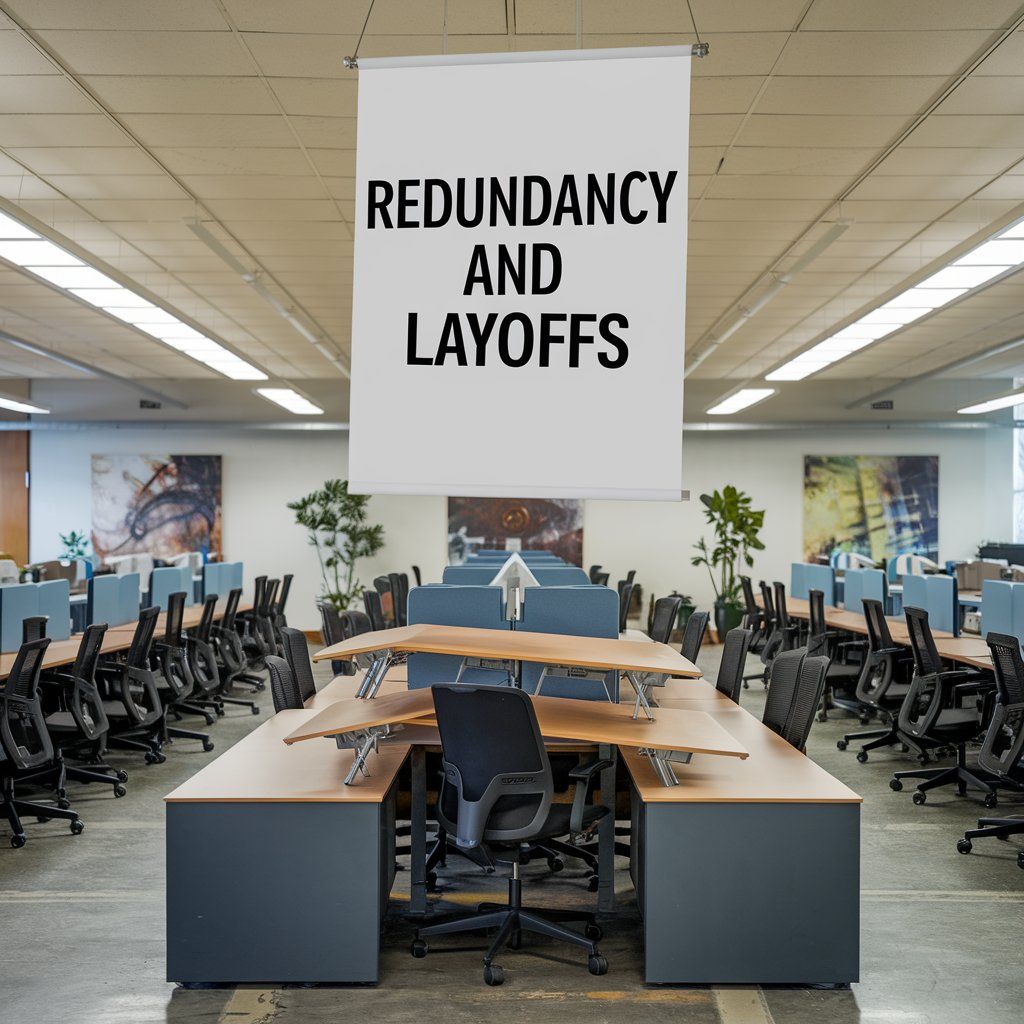5 commonly asked questions following a separation
Our Family Law team has a lot of questions to answer, but the same questions keep coming up
These are five of our most commonly asked questions …
Question 1: Does my ex-partner have an obligation to keep a roof over our children’s heads?
No, there is no law to say that a parent who doesn’t live with their children has to keep a roof over their children’s heads in the event of a separation from the other parent.
A non-resident parent does have to pay child maintenance, which is calculated based on how much they earn. That may not be enough to cover the rent or mortgage in full though, so the parent that the children live with would need to see if they have sufficient income from other sources (such as their wages, benefits, tax credits etc.) to cover their housing costs. If not, then the resident parent may need to consider moving home to reduce their outgoings.
If the non-resident parent has a lot of disposable income, and the resident parent is struggling financially, then spousal maintenance may be payable. Please note that spousal maintenance can only be paid if the parties were married. Our specialist team can give you advice on whether spousal maintenance should be paid in your case.
Question 2: Can I keep the house?
Every case is different and we have to look at each individually, so it is very hard to say what will happen to matrimonial homes or other jointly owned property. However, the three most common outcomes are:
- One party buys the other out of the property by paying them a lump sum and having the house transferred to them. This would usually be on the basis that they are also able to release the other party from any existing mortgage.
- One party is able to remain living in the house until any minor children are over 18, at which point the house is sold and the money divided.
- The house is sold now and the money is divided between the parties.
How much each party gets or the level of lump sum payable by one party to the other will depend on the level of overall assets in the matrimonial pot.
Our experienced team can advise you on what assets should form part of the pot, and what percentage you should expect to receive from it.
Question 3: How expensive is it to use a solicitor?
There are three ways of funding a family law case:
- Legal Aid: If you are eligible for Legal Aid, then the Legal Aid Agency will cover the cost of your family law case. However, you have to be on a very low income and have evidence to show you or your children have suffered abuse at the hands of your ex-partner. For more information about Legal Aid and eligibility please visit https://www.gov.uk/legal-aid or call one of our team to discuss your matter further.
- Fixed fee: Some solicitors charge a fixed fee for specific work. For example, we charge a fixed fee to deal with a straightforward, undefended divorce from start to finish. It doesn’t matter how many telephone calls we make or letters we write, you will still only be charged the fixed fee.
- Hourly rate: This is where you pay an hourly rate, for example £235 plus VAT, and you are billed usually once a month. Your bill will set out how much work (in minutes) the solicitor has undertaken on your file. Your solicitor must give you an estimate of your total costs at the start of your matter, and keep that estimate under review as your case progresses.
We believe in being transparent on costs and billing, so you won’t have any hidden surprises but each case is different and it can be difficult to give an exact cost.
Question 4: How do I protect my pension?
Pensions can be dealt with in several different ways. They can be subject to a pension sharing order, where a percentage of your fund value is transferred now to your ex-spouse. Alternatively, if you wanted to protect your pension, its value can be offset against other capital assets. For example, you could agree to give your ex-spouse more of the equity in the house on the condition that you keep all of your pension.
Question 5: Does my ex have to agree to a divorce?
No. Either party can petition for a divorce after 1 year of marriage. It will not require the other parties consent. All new petitions are presented on the grounds of “irretrievable breakdown of the marriage”. The is now commonly known as a ‘no fault’ divorce.
We hope this blog has helped answer some of your family law questions surrounding separation, but please give us a call if you would like an appointment with one of our experienced solicitors, who can give you specific advice on your individual case.
Contact Us




